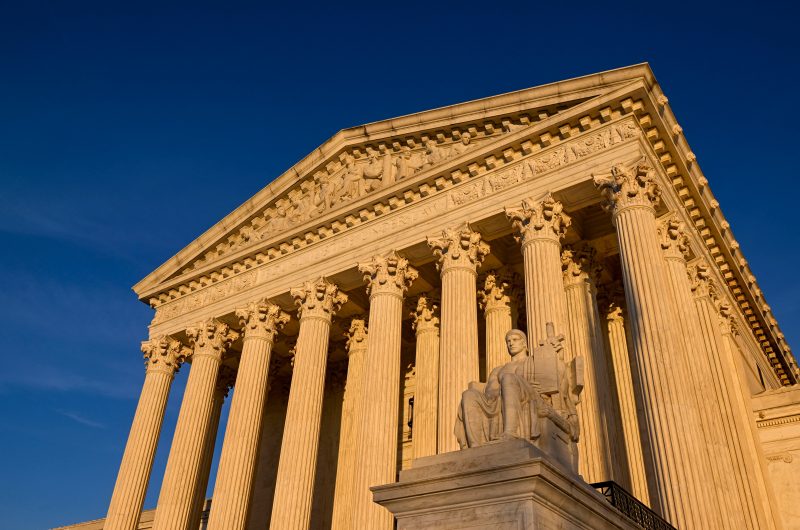for customer data
The U.S. Supreme Court ruled on Tuesday that the White House may continue requesting customer data from technology companies, such as Apple and Google, without needing to obtain a warrant.
The court ruled unanimously that the government could use the “third-party doctrine” to bypass Fourth Amendment protections. Under the third-party doctrine, the government does not need to obtain a warrant if a person voluntarily provides information to a third party, such as an Internet service provider, that can be used to identify them.
In this particular case, the court ruled that the government was within its rights to request customer information from Microsoft regarding a suspected drug trafficker without a warrant. Microsoft challenged the order, arguing that the Third-Party Doctrine should not apply because it stores all customer data overseas in Ireland.
The Supreme Court disagreed with Microsoft, saying that the company had a “business presence” in the United States, and thus the customer data was not located outside the country for the purposes of the Fourth Amendment.
The decision was met with criticism from privacy advocates, who said that the ruling made customers vulnerable to warrantless searches of their data.
